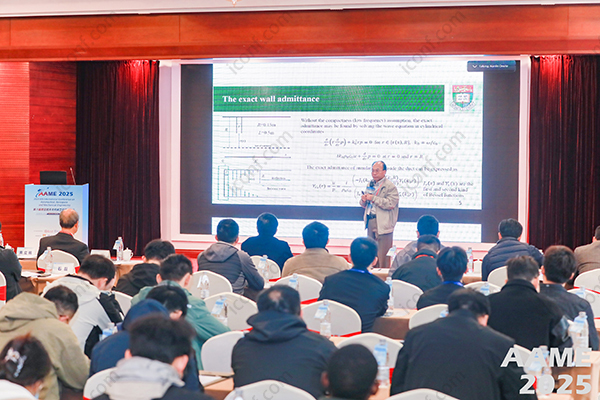

169 views||Release time: Jul 04, 2025
Scholarly conferences are one of the most important ways for academics and researchers to present their work, gain feedback, and build professional networks. Whether you’re an early-career researcher or an established scholar, participating in these conferences can strengthen your reputation and accelerate your research progress.

Scholarly conferences are formal academic gatherings where researchers share original findings through presentations, posters, workshops, or panel discussions. They are organized by universities, professional societies, or research organizations and often publish accepted papers in indexed proceedings (e.g., EI, Scopus, SCI).
Key features include:
Peer-reviewed submissions
Opportunities for publication
Networking with field experts
Focused discussion on specific academic topics
| Benefit | Why It’s Important |
|---|---|
| Showcase Research | Present your latest work to the academic community |
| Get Published | Accepted papers often appear in indexed proceedings |
| Expand Your Network | Meet potential collaborators, mentors, and future employers |
| Stay Updated | Learn about emerging trends and technologies |
| Enhance Your CV | Improve your academic profile and recognition |
Selecting the right event is crucial to ensure your participation adds value to your career. Consider these factors:
Relevance to Your Field: Choose conferences that align with your research topics.
Indexing Status: Look for conferences that are indexed in major databases like EI, Scopus, or SCI for higher academic credibility.
Organizer Reputation: Prefer conferences hosted by respected societies or universities.
Conference Format: Decide between in-person, online, or hybrid events based on your availability and goals.
Submission Deadlines: Plan your research and submission schedule ahead of time.
iconf.com is a reliable platform that helps researchers:
Find verified scholarly conferences by discipline, indexing type, and region
Access official Calls for Papers (CFPs) and submission guidelines
Check organizer credibility and avoid predatory events
Create a personal conference calendar and receive reminders
Download templates and track key deadlines easily
This comprehensive approach saves time and helps you focus on preparing high-quality research submissions.
Understand the CFP: Carefully read the Call for Papers to match your work with conference topics.
Follow Guidelines: Format your manuscript strictly as required to avoid immediate rejection.
Practice Your Presentation: Whether oral or poster, clear delivery is essential for effective communication.
Plan Logistics: Arrange travel documents and accommodations early if attending in person.
Engage During the Event: Participate in discussions, ask questions, and connect with other attendees.
| Format | Advantages | Considerations |
|---|---|---|
| Offline | Strong networking, immersive experience | Higher travel costs, visa needs |
| Online | Flexible and budget-friendly | Less face-to-face interaction |
| Hybrid | Combines benefits of both | Check participation details |
Scholarly conferences are powerful platforms to advance your research, improve academic visibility, and develop your professional network. With a trusted tool like iconf.com, you can easily find reputable events that align with your research goals and make the most of your academic journey.